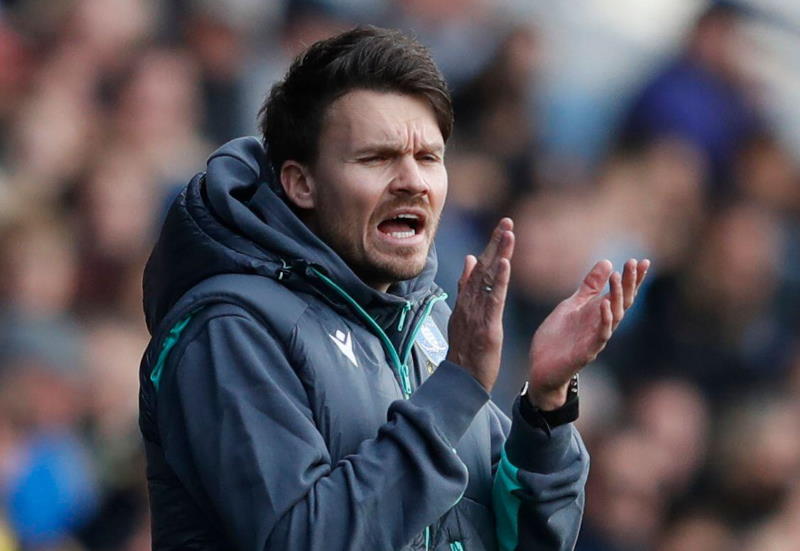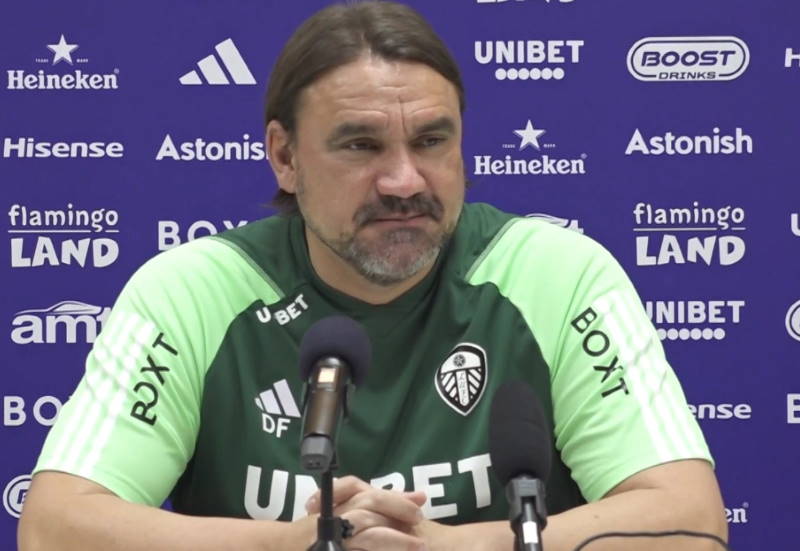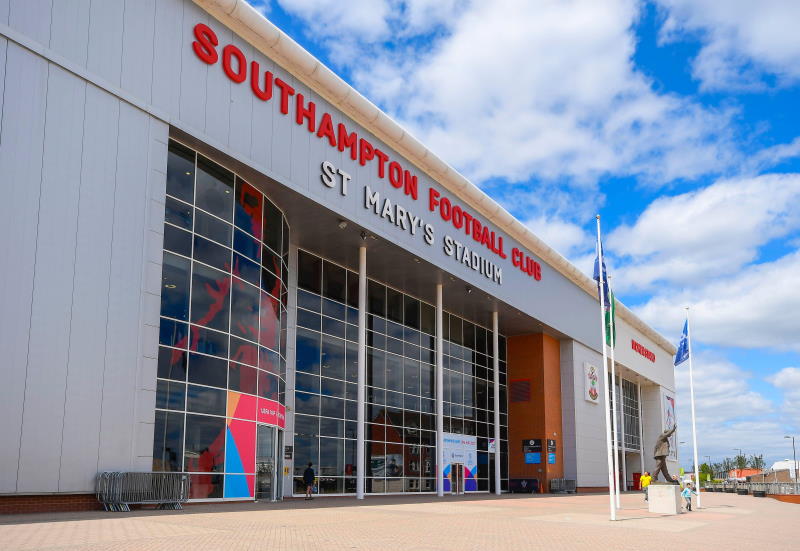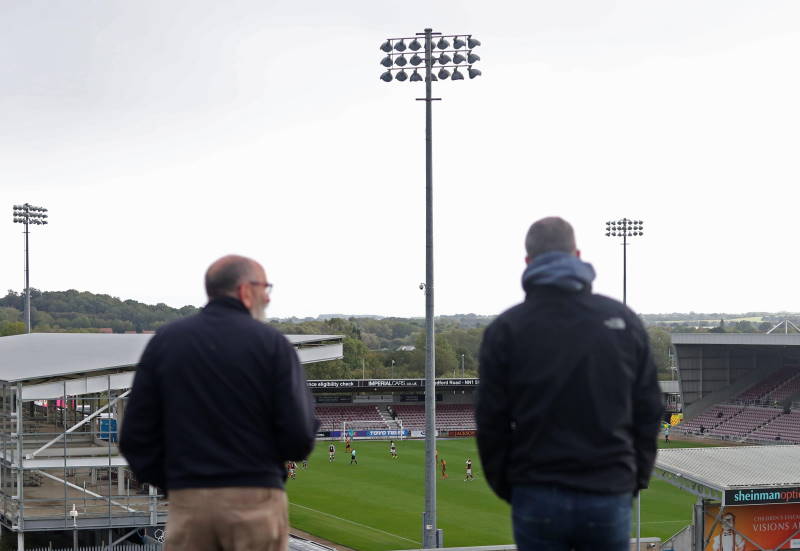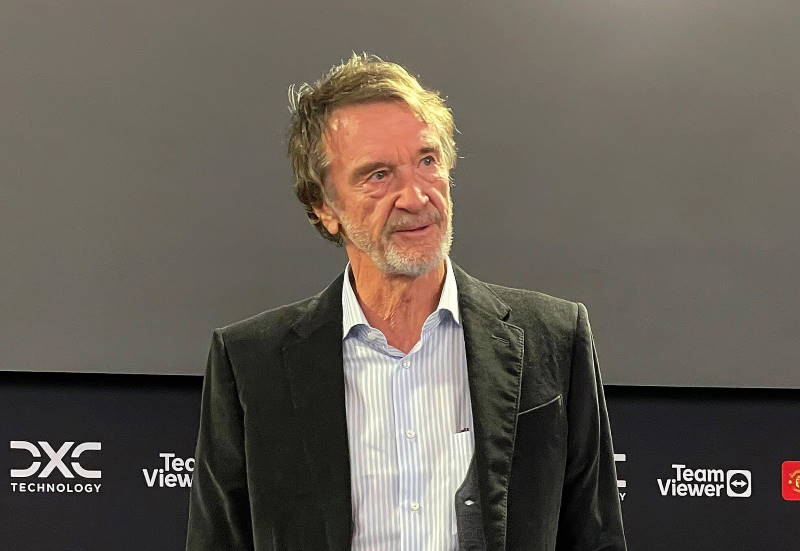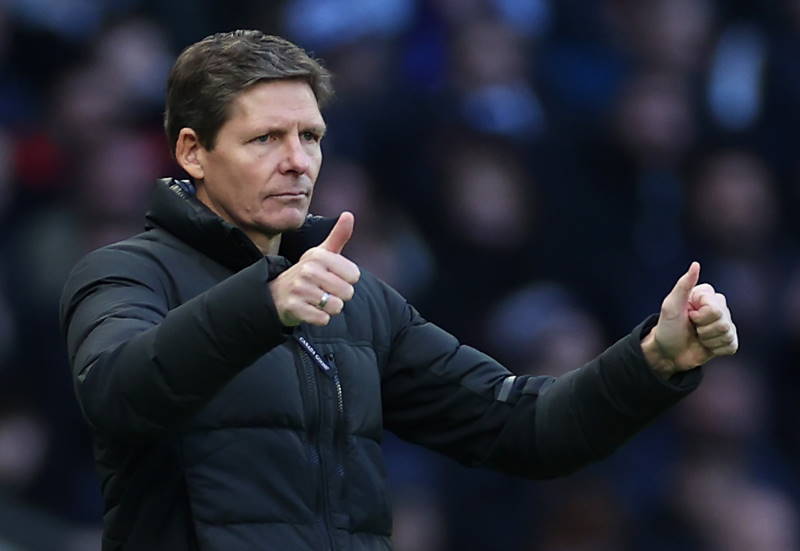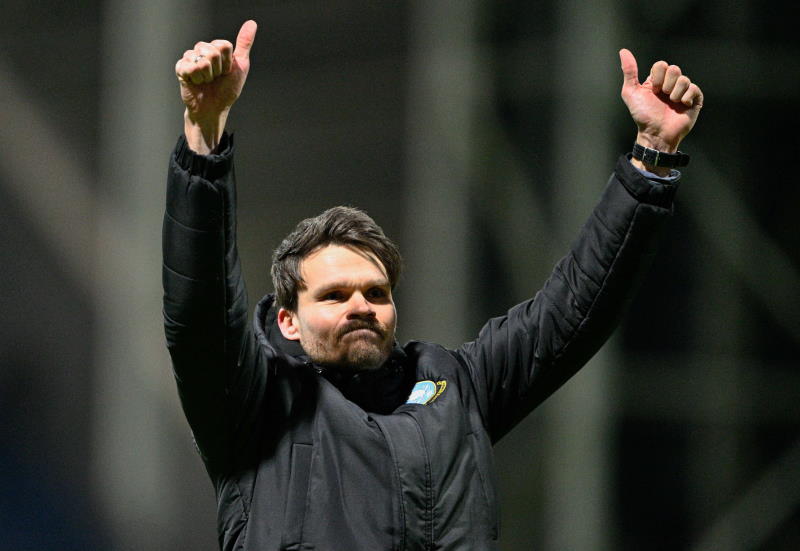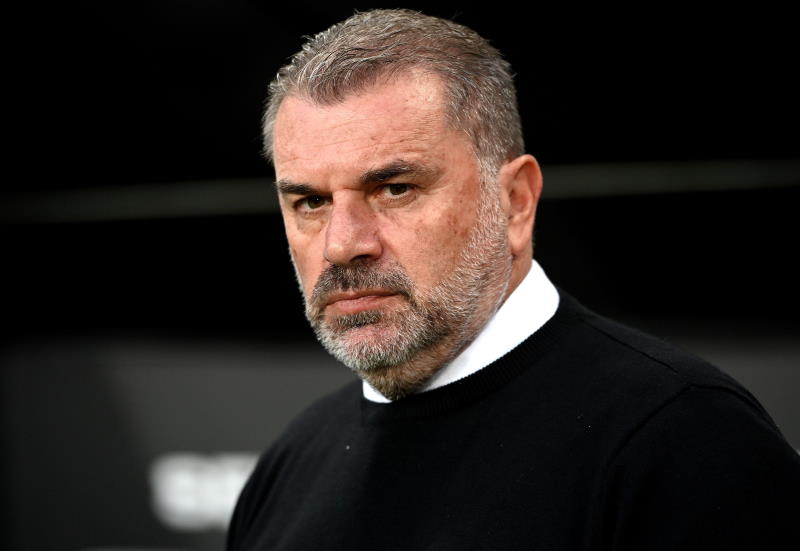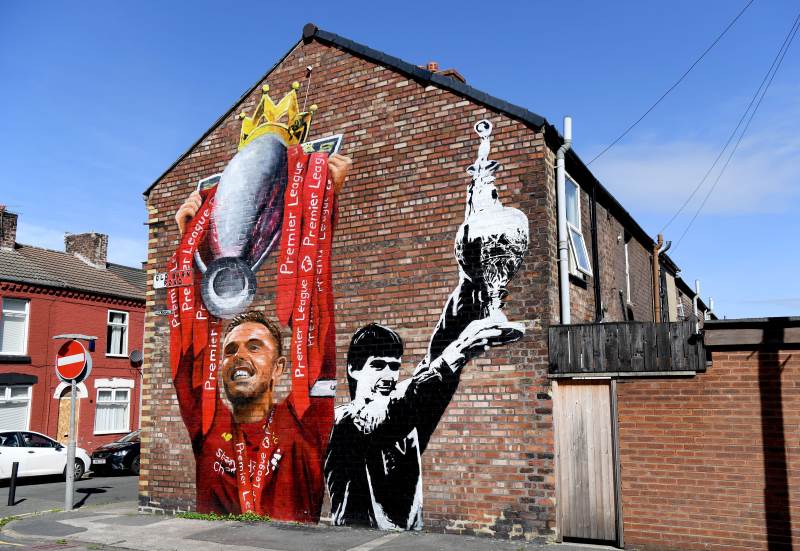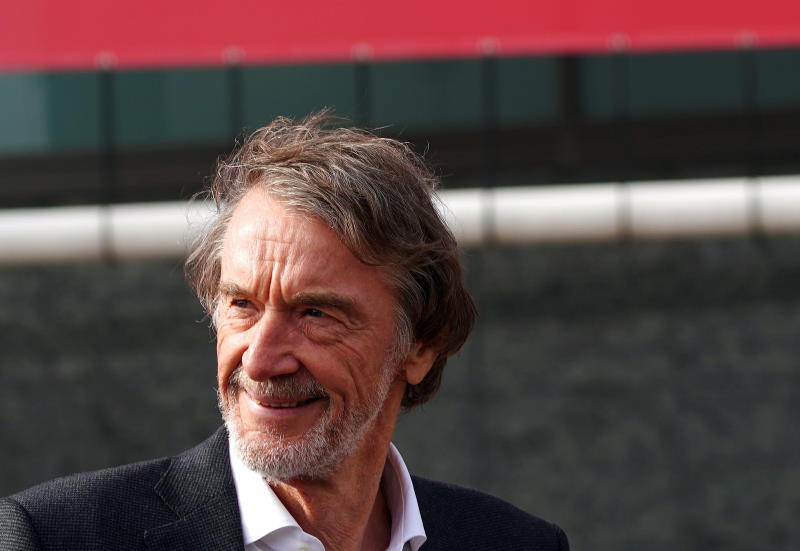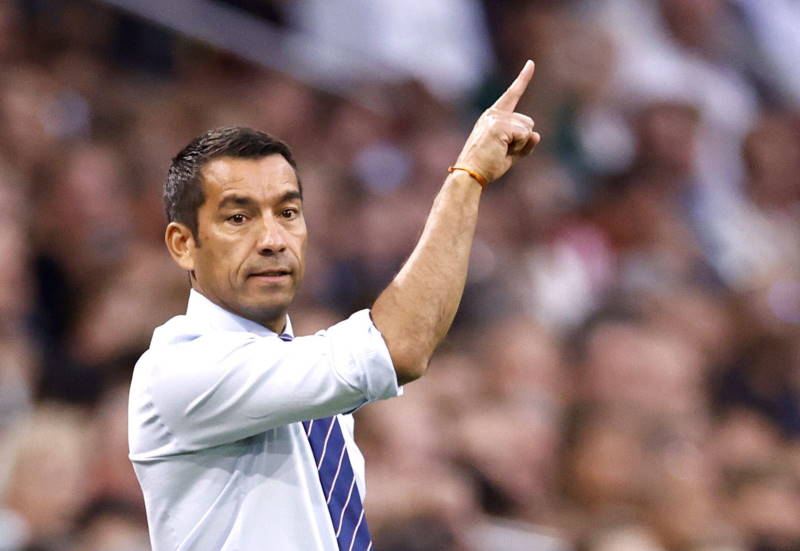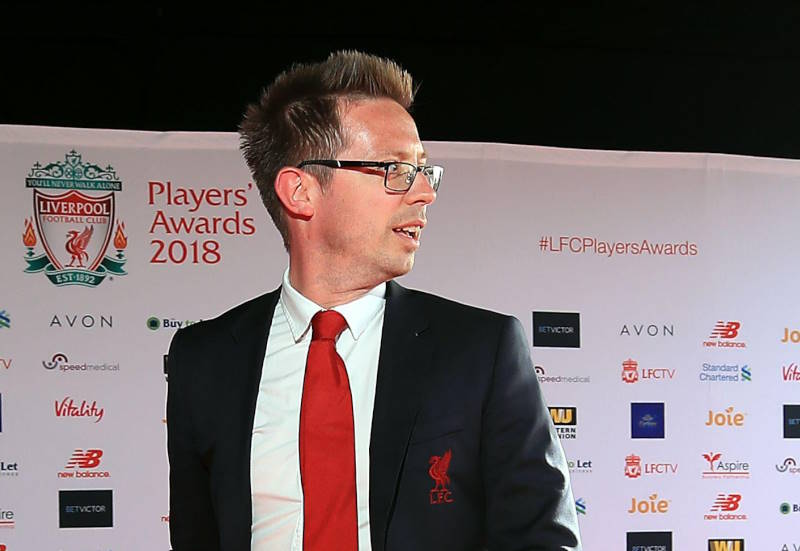
Celebrations were guaranteed at the Camp Nou as the inaugural Fifa Ballon d’Or award winner was revealed – but it came as a surprise to many that it was Barcelona’s little Argentine and not one of their Spaniards who walked away with the big prize.
Lionel Messi, Xavi and Andres Iniesta – the Barcelona trio shortlisted for the honour – each had reason to reflect fondly on their 2010 efforts. But there could only be one winner and that was Messi, who continues to make a compelling case for being the most gifted player of his generation. Time and again, he has outperformed the likes of Cristiano Ronaldo and Wayne Rooney when the stakes have been highest. The 23-year-old adds the trophy to the Ballon d’Or award he won in 2009 before that accolade was combined with the FIFA Player of the Year award for 2010.
It seems almost hard-nosed to dispute the fact that Messi was the deserved winner. The Argentine scored a staggering 60 goals for club and country in 2010 and made countless more for his team-mates with sublime close control and mind-boggling poise in the face of sometimes brutal marking. He helped Barcelona win the La Liga title and drove the club to the last four of the Champions League.
But there is a sense that Messi’s reputation as the world’s "best" player tipped the scales in his favour. Given that the award recognises contributions within a single calendar year, Xavi and Iniesta perhaps had stronger cases. The bookmakers seemingly agreed, making the Spaniards favourites.
Both enjoyed success alongside Messi at Barcelona, but also boasted the added – and considerable – distinction of winning the 2010 World Cup with Spain. After breaking through a psychological barrier at Euro 2008, the Spaniards confirmed that they are head and shoulders above the rest of the world presently. And much of that is thanks to Xavi and Iniesta.
Under-rated is an odd word to use to describe a player nominated for this elite award, but the feeling remains that Xavi’s importance is too easily glossed over. He never wastes possession, he has a flawless understanding with his team-mates and he is the man to whom both Barcelona and Spain look when pressure mounts. If there were an MVP award, recognising both talent and true value to the team as in North American sports, he would be the undisputed winner.
Iniesta, meanwhile, was the ultimate match-winner in 2010. How many young players dream of scoring the winner in the final minute of extra-time in a World Cup final? It was a real backyard moment and just the latest in a long line of key goals from the midfielder. Like Xavi, he is a quiet man who does his talking on the pitch and possesses incredible vision and technique. It is also worth remembering that while the Spanish duo passed and moved their way to the World Cup final, Messi and Argentina headed home at the quarter-final stage.
In fact, there are some that would also argue that Holland midfielder Wesley Sneijder, who won the Treble with Inter and then sparked the Dutch charge all the way to the World Cup final, was as strong a candidate as Messi. Either way, Sneijder was unlucky to miss out on the shortlist.
In weighing up the respective arguments, the one point that comes through loud and clear is just how remarkable the current Barcelona team is. Messi dedicated the award in part to the "Barcelonistas" and even the presence of Real Madrid boss Jose Mourinho to collect the Coach of the Year award could not detract from the Barcelona theme running through the evening.
The trio of Messi, Xavi and Iniesta are inseparable in the world’s best player discussion and that is before Pedro, Gerard Pique and David Villa are considered in the conversation. It is no surprise that seasoned observers believe Pep Guardiola’s current Barcelona team could go down in history as the greatest side to ever play the game.
And so, while Messi was the man grinning proudly with his latest trophy, this night was all about Barcelona and the supremacy they are enjoying in the European game.

